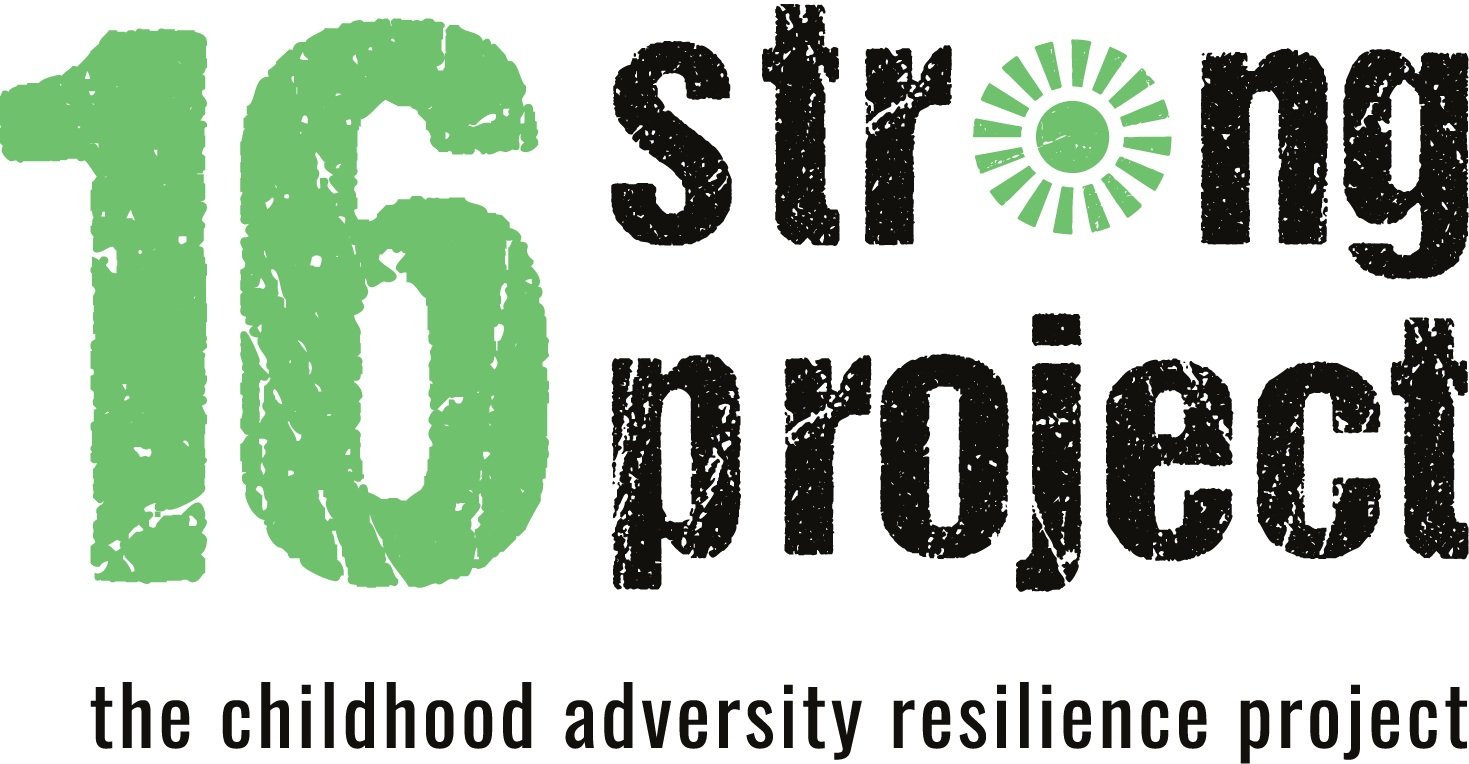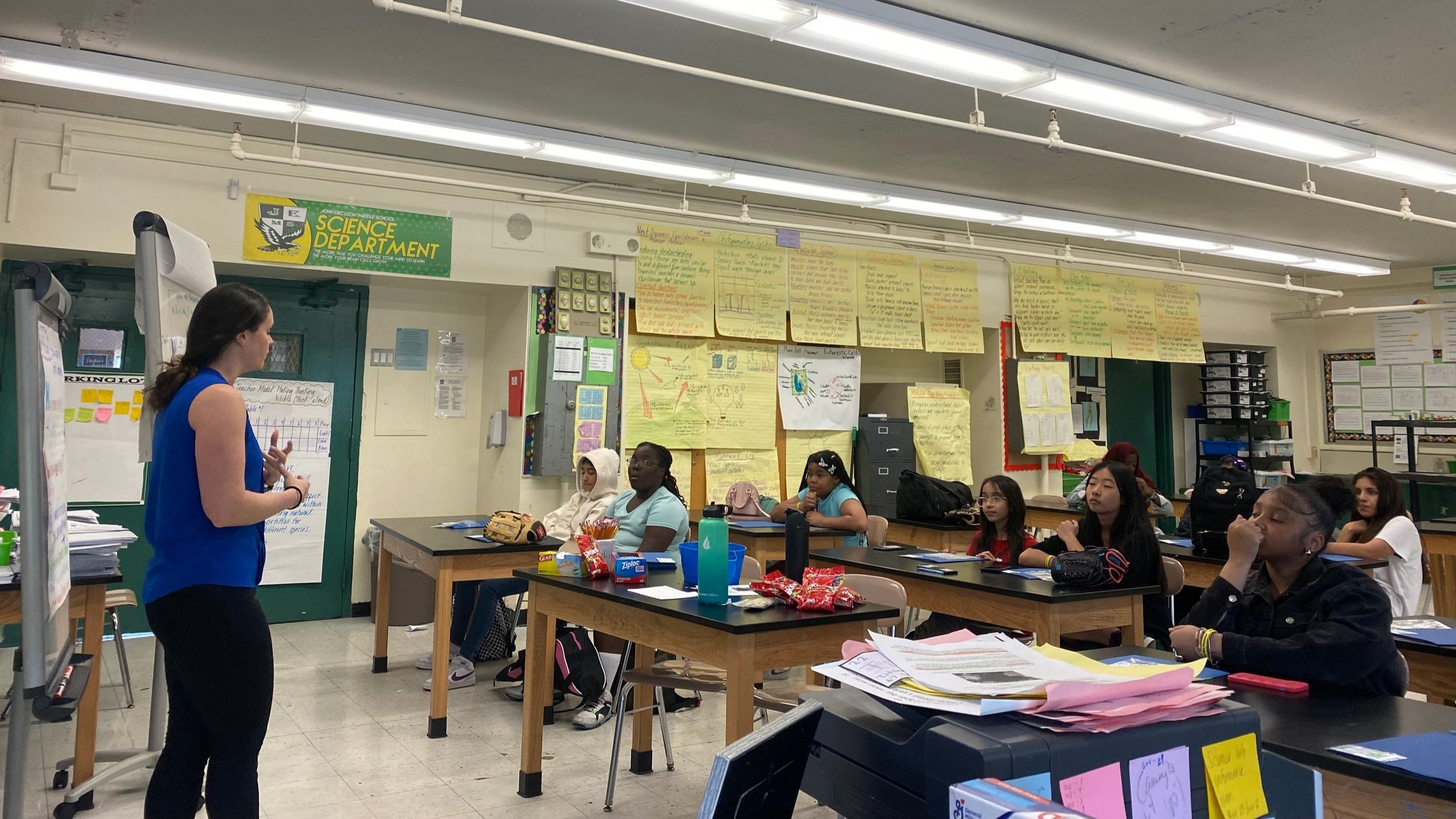Impact
Since its inception, 16 Strong Project has grown to reach over 200,000 youth in middle schools, high schools, colleges, universities, and communities across the UNited States. Students are primarily engaged with our programming through workshops, clubs, and our youth advocacy board.
The 16 Strong workshop consists of interactive, small group activities, reflective exercises, storytelling and brainstorming designed to introduce students to the complex and unique world of adolescent mental health and adverse childhood experiences (ACEs). The below information reflects the outcomes of a 10 week implementation of the 16 Strong workshop conducted with several groups of high school students.
Students primarily engaged with activities that allowed them to address and reflect on the following: The difference between mental health and mental illness, adverse childhood experiences (ACEs) and their connection to mental well-being, the potential negative impacts of ACEs, using appropriate language when talking about mental health, overcoming barriers when students are trying to start a conversation about what they might be experiencing, the importance of developing and utilizing positive coping skills and creating a support system, how to use songs/lyrics/media to understand the idea that they are not the only one feeling how they do.
Over just 10 weeks, the workshop gained significant traction, and in the end yielded very positive results from the students involved. We were able to collect both qualitative and quantitative data on how the program impacted, or did not impact, participants. To get a better sense of the program’s outcomes, take a look below at what students expressed about what they learned, how they benefited from the curriculum, and how they might utilize their new emotional toolbox in the future. Their thoughts reflect the efficacy, creativity, and thoughtfulness of the 16 Strong Project’s program.
What the students have to say
When asked what they would tell another student about their experience participating in the program, students expressed that…
When asked to provide additional comments, students said…
Our Impact
Before the Program…
- 0% knew what adverse childhood experience (ACE) meant
- 56% of students said they made time for self-care
- 48% of students were able to distinguish between healthy and unhealthy coping mechanisms
- 36%
of students expressed confidence in utilizing healthy coping mechanisms
Before
After the Program…
- 100% knew what adverse childhood experience (ACE) meant
- 79% of students said they made time for self-care
- 86% of students were able to distinguish between healthy and unhealthy coping mechanisms
- 69%
of students expressed confidence in utilizing healthy coping mechanisms
Before vs After
After the program ended, students were asked a few more questions regarding the 16 Strong curriculum.
Here are their answers
of students expressed that they felt more equipped to consider other people's perspectives
Do you feel more equipped to consider other people's perspectives after 16 Strong?
Would you like to take more time to self-reflect after this program?
of students told us that they wanted to take more time for self-reflection
of students felt that activities done in the 16 Strong curriculum were important
Do you think the activities done during the program are important?
A Lasting Impact
Before meeting Samantha, many students did not understand how much mental health can impact a person’s behavior, feelings, thoughts, and decisions. Interestingly, students didn’t originally see negative coping mechanisms as problems; rather, they saw these behaviors as ways to escape from depression, anxiety, fear, shame, and anger. As Samantha facilitated discussions and led activities, the kids were given a safe space to work through complex questions like these. They were able to realize the power of positive coping strategies, strong support systems, and compassion for themselves and others.
Overall, results demonstrate that the 16 Strong Project curriculum helps young students consider other people’s perspectives, helps them reflect on their own lives and capacity for resilience, and guides them towards speaking respectfully about mental health.
Interested in learning more?




